On May 3 Tony Abbott urged his audience at the Harry Perkins Institute of Medical Research in Perth to place its trust once more in the tried and tested values associated formerly with Western civilisation rather than in the kind of social and moral gibberish to which we have all become much too accustomed by now. Was his talk therefore yet another example of unwarranted political ‘sniping’ as commentators tend to assert or was it simply an outpouring of strongly personal feeling and traditional sound sense?
Mr Abbott slowly warmed to his theme: ‘Put simply there has rarely been such a gulf between insiders and outsiders; between what most politicians and what most people think that politics is about. To the Labor party politics is about winning. To many Liberals it is about managing. But to the Australian people – when it’s not about practical help in their daily lives, it’s about values. It all comes back to values… If you are an Australian, you have to believe in Australia. You don’t have to believe that everything about our country is perfect but you do have to believe that our country is at least worthy of respect. And most of us do. In the marrow of our bones, the vast majority are proud of our country. Not because we’re flawless, but because we’re good and because we’re usually striving to be better.’
Mr Abbott is not just an accomplished speaker but has a true flair for the rhetorical touch. All of the foregoing was potentially moving so my sole cavil is that the Australia Mr Abbott clearly thought he was addressing is a country I might just have recognised twenty-odd years ago – when I first came here – but which has become completely unrecognisable.
Indeed, the kind of Australia Mr Abbott evoked in his talk was exactly the kind of Australia which attracted me to this country in the first place.
Throughout history great military and political advisers, such as Sun Tzu and Machiavelli, have urged us not only to know ourselves but above all ‘to know our enemies’. After half a century of post-modernist intellectual erosion the latter has seemingly become a rather more difficult task for many than it ought to be. Almost always because they ignore or discount the influence exerted by what is normally understood as ‘culture’.
Other than in the pages of a relatively small number of intellectually independent publications – such as this magazine and Quadrant – or through admirable bodies such as the Centre for Independent Studies in Sydney and the Institute for Public Affairs in Melbourne, the post-modernist zeitgeist remains almost entirely unresisted and continues to sweep all before it via our state-financed academic institutions, our national broadcaster and a significant proportion of our press. When I worked for 11 years for The Spectator in Britain before coming to Australia, our only public advertising that I remember took the form of a low-cost campaign of ‘tube cards’. Significantly, these small ads on London Underground trains bore a very simple message indeed: The Spectator: Politically Incorrect.
Yet who in Australia would even contemplate running such a forthright and unequivocal slogan today? Would one be arrested perhaps or become subject to action by the AHRC?
Since its beginnings in 1964, political correctness has grown like a multi-headed monster, so that it has become a normal assumption at social gatherings today that its beliefs will be shared by all or almost all of those present. Indeed, any view which fails to conform will probably find itself characterised by a majority as being of an ‘extreme right’, or otherwise utterly unacceptable nature. The moment you depart in fact someone or other will be bound to remark: ‘of course I never imagined anyone we know could possibly hold such extreme opinions.’ Face up to it: this is ‘modern’ Australia.
Like John Howard – a politician I have consistently admired – a great many politicians in Australia are former lawyers. The strong upside of this is a general pragmatism usually allied to a useful ability to think clearly under pressure. Culture, as an ostensible subject, is unlikely to be in anyone’s top twenty list of political priorities which is precisely why the intensely political nature of present day education and culture generally escapes censure by Coalition politicians in spite of the overwhelming threat it represents.
At a conference organised by the IPA five years ago, a noted speaker, Michael Connor, made the following telling point: ‘The intense Howard-hatred we lived through from 1996 to 2007 will not just be repeated if an Abbott government is elected – it will be far worse. The Left’s slide into barbarism is not hidden in obscure corners of the web but is a daily product of the ABC commentary pages, the Fairfax press, and Left blogs. Culture will again be a battleground, and the Coalition’s lack of reformist policy for dealing with the arts will ensure that they will again go into battle against enemies they themselves have funded.’
In my distant days at an English boarding school, education at any level had yet to become politicised. Indeed, after 7 years of attendance I could not have guessed what the political affiliations were of any master at all at the school. That is precisely how it should have been and it is the folly of all centre-right governments that they have allowed the left-wing politicisation of education in Australia to run entirely out of control. Such a government should not want this and neither do a majority of parents. Why then has the present Coalition government grossly disadvantaged Catholic schools to the extent that the nearest such school to where I live will almost certainly be forced to close. Wake up to the fact that it is culture which will covertly decide the next election and the entire foreseeable future of this country.
Got something to add? Join the discussion and comment below.
Get 10 issues for just $10
Subscribe to The Spectator Australia today for the next 10 magazine issues, plus full online access, for just $10.
You might disagree with half of it, but you’ll enjoy reading all of it. Try your first month for free, then just $2 a week for the remainder of your first year.


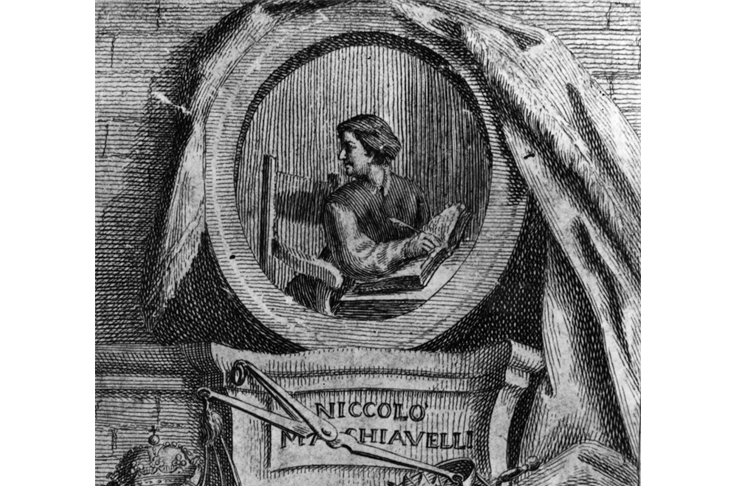
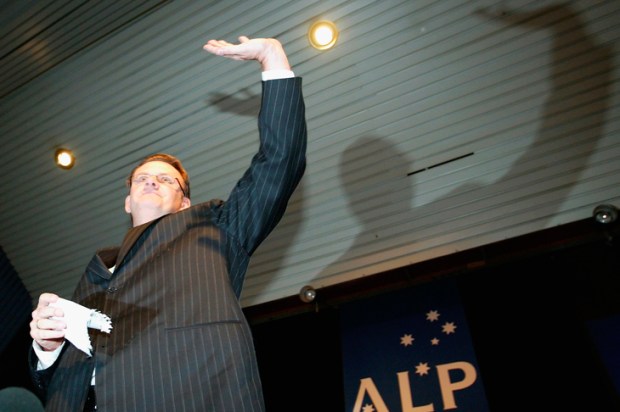
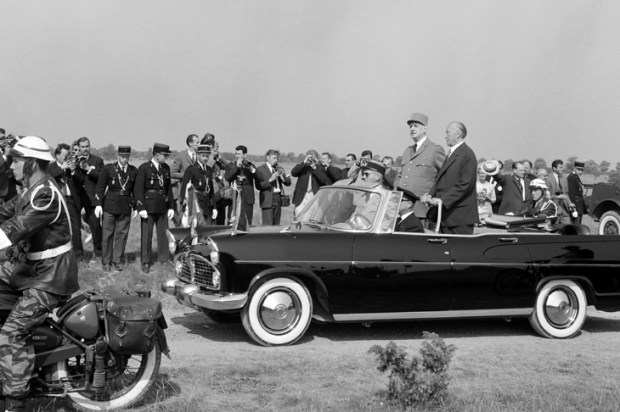

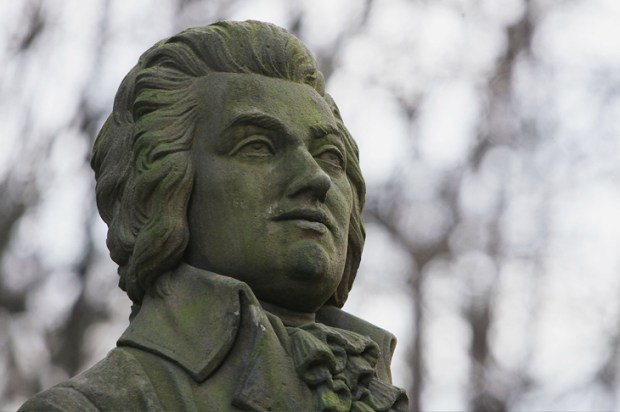
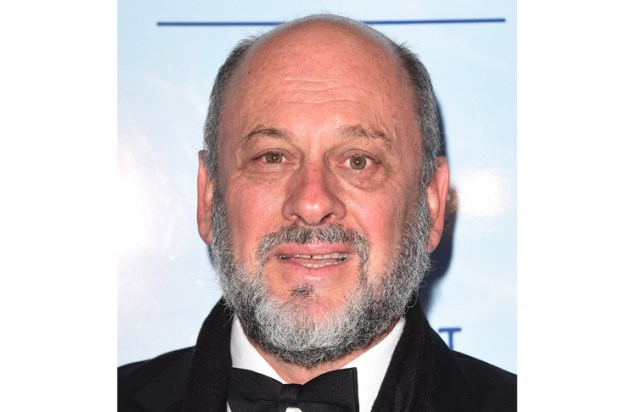







Comments
Don't miss out
Join the conversation with other Spectator Australia readers. Subscribe to leave a comment.
SUBSCRIBEAlready a subscriber? Log in